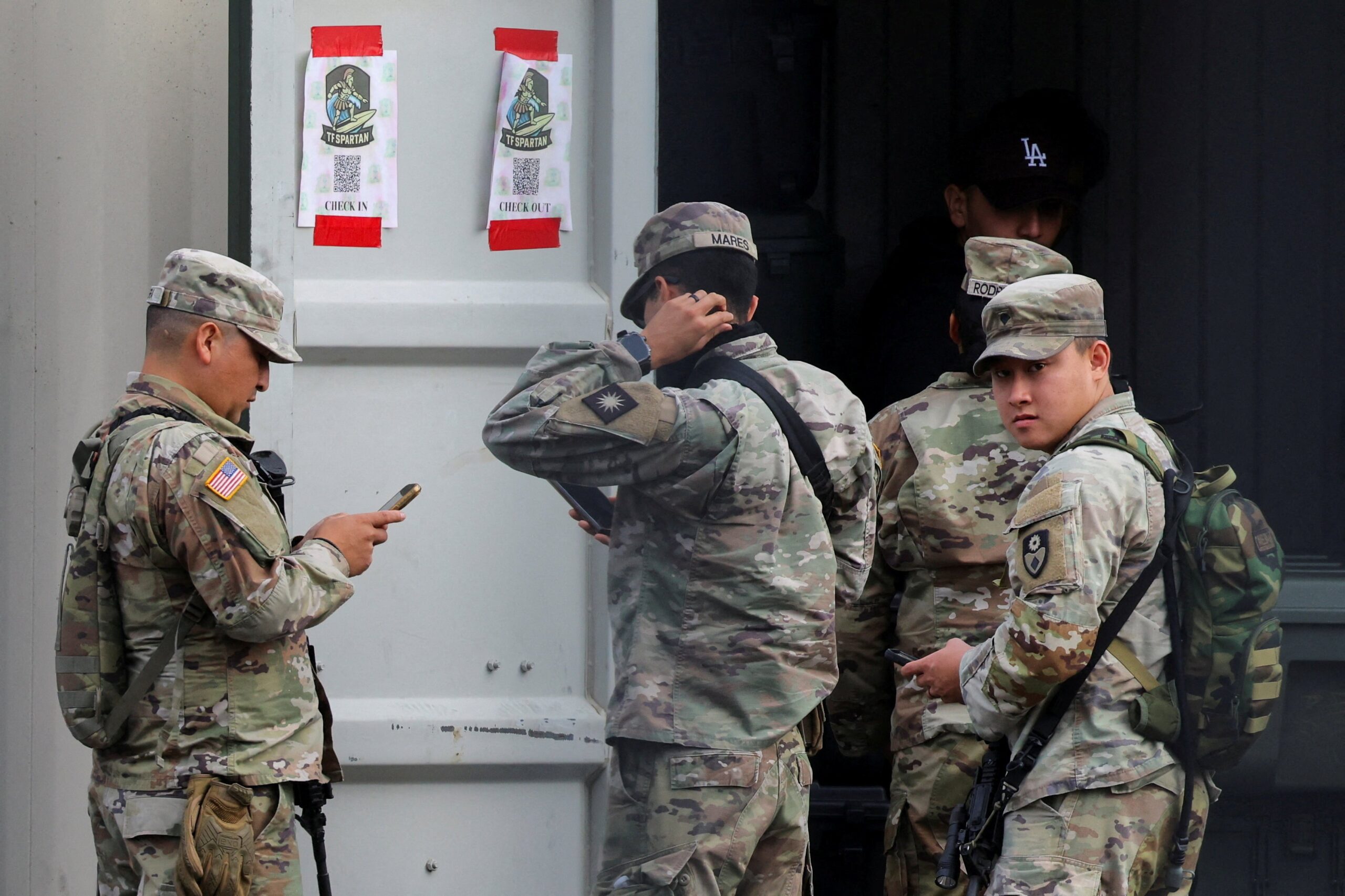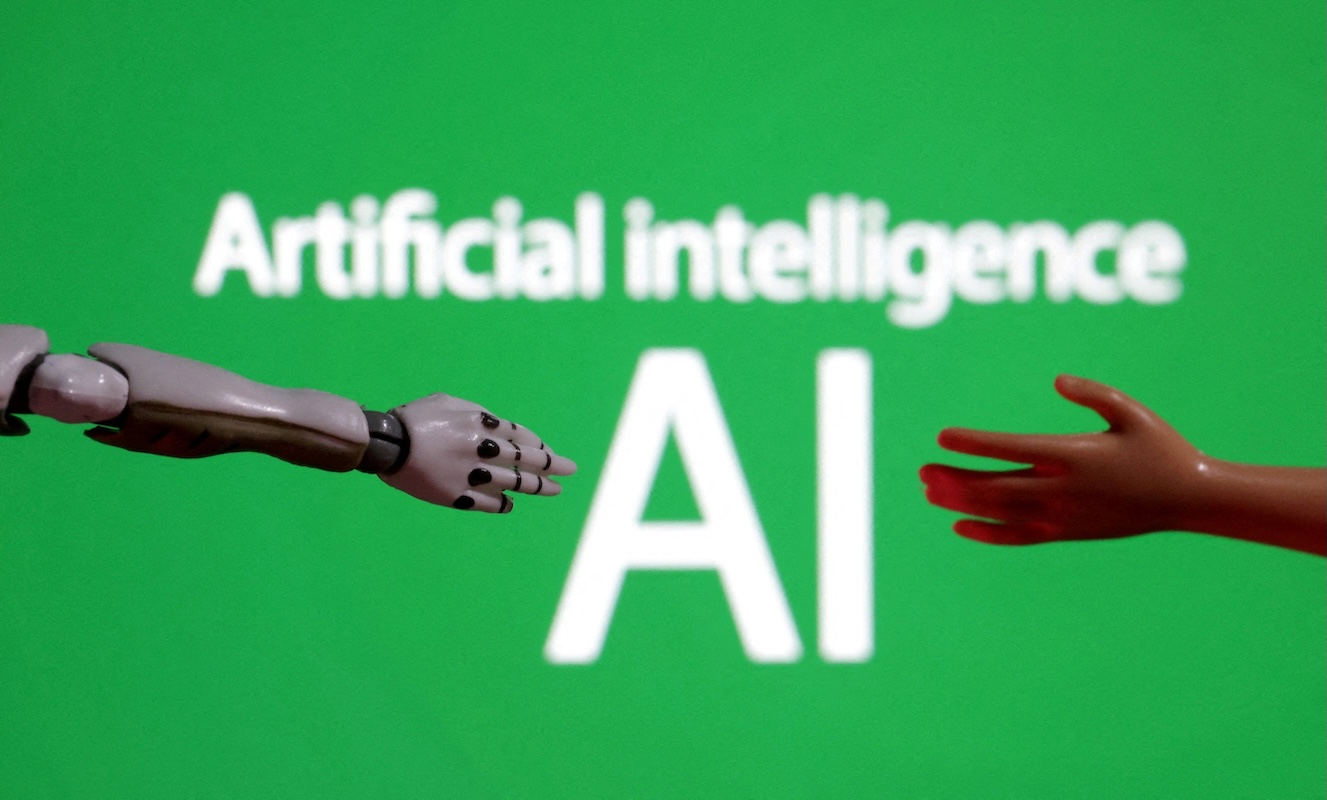UK inflation hits fresh high in July
Inflation rose by more than expected again in July, further narrowing the Bank of England’s scope for supporting a stuttering economy with lower interest rates.
Consumer prices rose by 3.8 percent in the year to July, rising 0.1 percent on the month, the Office for National Statistics said. That was up from 3.6 in June and more than the 3.7 percent expected. It was the fourth month in a row that inflation has come in above market forecasts.
The news comes only two weeks after a hotly contested cut in the interest rates by the Bank of England, when Governor Andrew Bailey effectively swung the vote in favor of cutting against the advice of his chief economist and deputy governor for monetary policy, Clare Lombardelli.
The ONS said airfares were the biggest contributor to the rise in prices, suggesting consumer demand for holidays is still buoyant. Food prices, typically the most politically sensitive element of the index, rose another 0.4 percent on the month and were up 4.9 percent from a year earlier.
Food prices, like those for energy, can be volatile, but the picture was no better when stripping out those factors: the so-called core CPI rose 0.2 percent on the month and 3.8 percent on the year, also above expectations. That was mainly due to inflation in services, which accelerated to 5.0 percent from 4.7 percent in June.
“With core inflation heading higher, beating market expectations, this brings further into question the Bank of England’s ability to ease interest rates in the near term,” Marcus Jennings, a bond strategist with asset management giant Schroders, said in emailed comments.




















:quality(85):upscale()/2023/09/18/918/n/1922398/a1136b676508baddc752f5.20098216_.jpg)
:quality(85):upscale()/2025/10/09/670/n/1922283/00b944c868e7cf4f7b79b3.95741067_.jpg)
:quality(85):upscale()/2025/10/15/765/n/1922398/29c37a6e68efd84bb02f35.49541188_.jpg)
:quality(85):upscale()/2025/09/09/891/n/1922283/7222624268c08ccba1c9a3.01436482_.png)
















